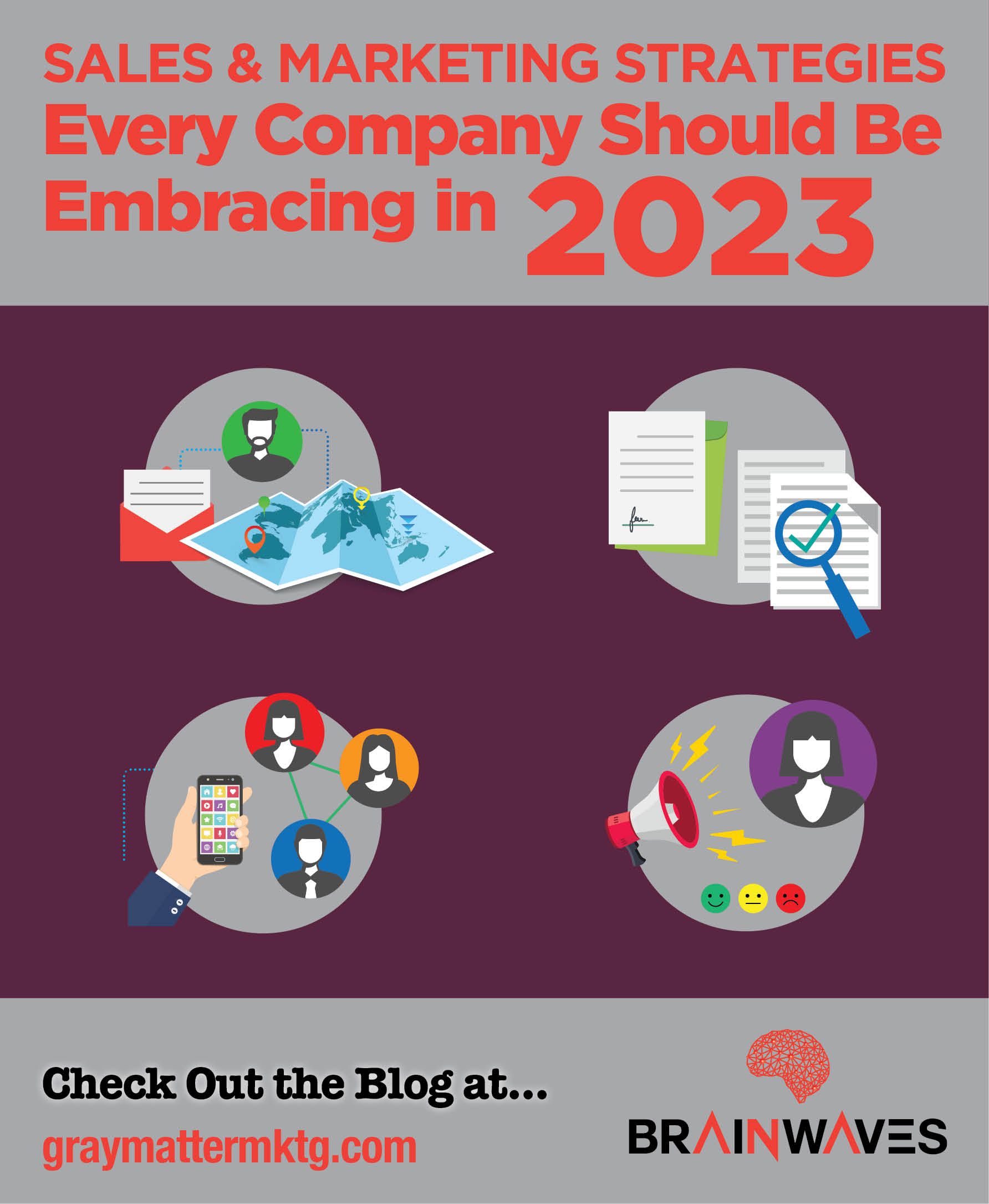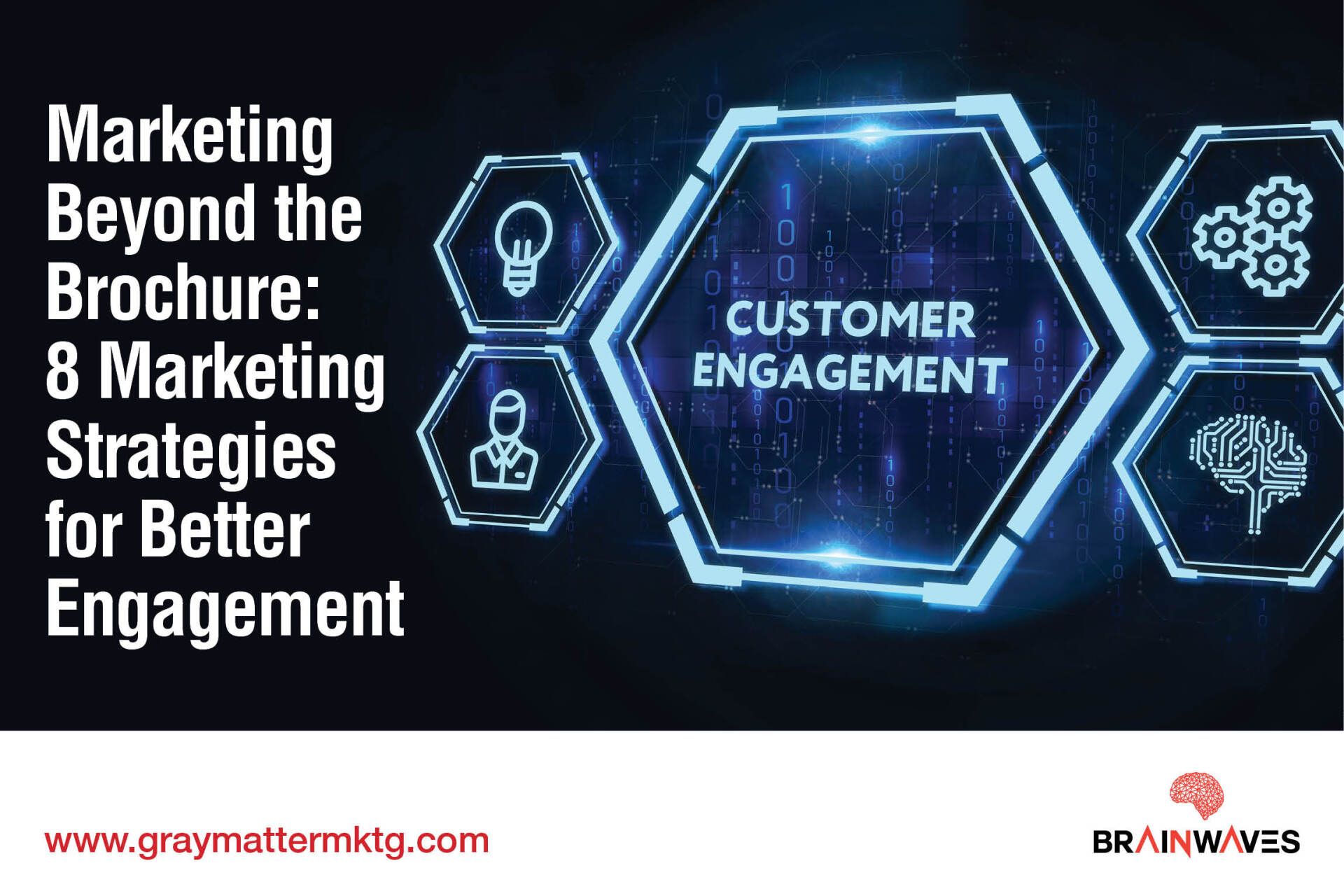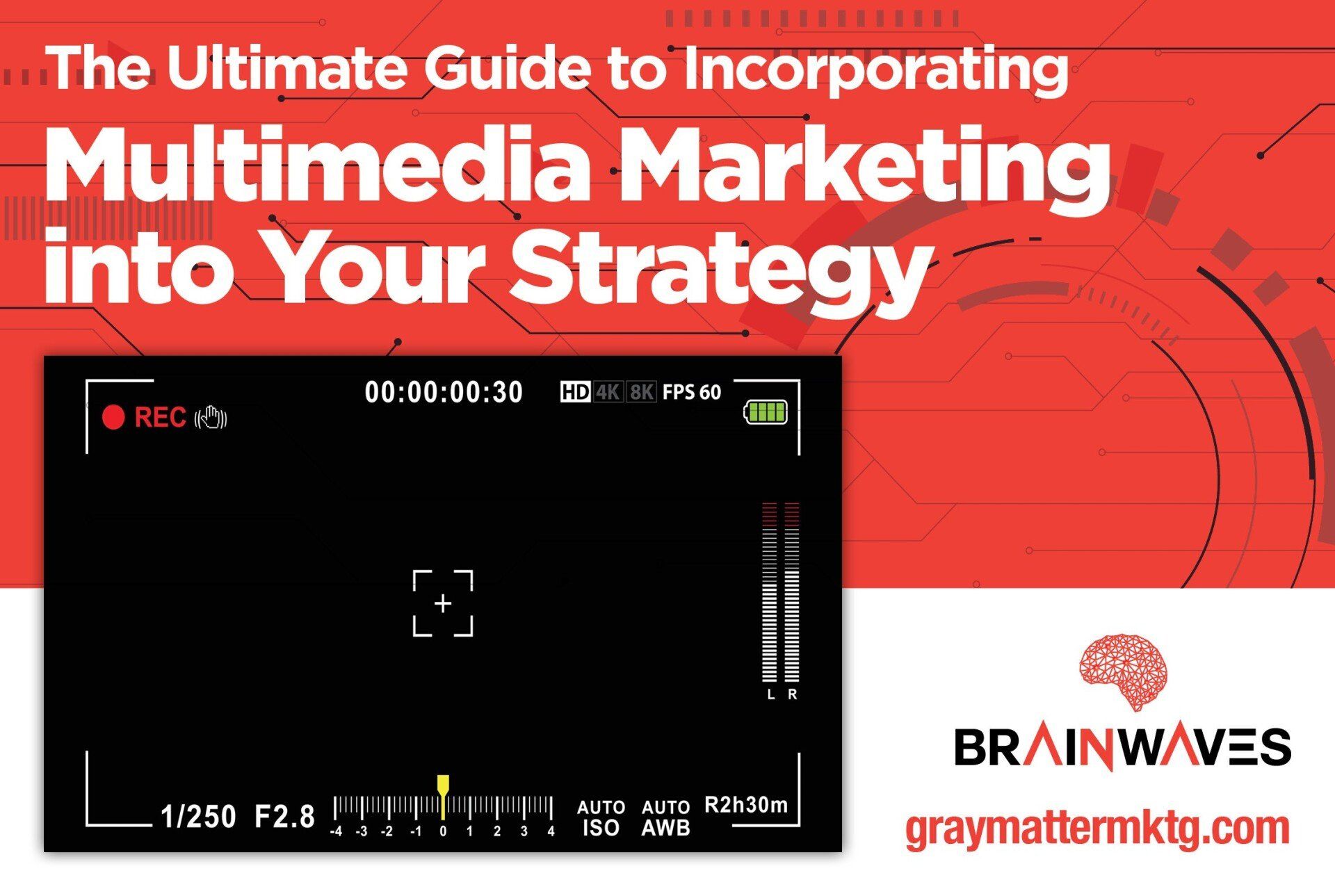Seven Digital Marketing Errors and How to Fix Them
Digital marketing is an important but hard to master art for many businesses. It goes beyond having a website and social media handle. It’s easy to make mistakes or have your message get swallowed up by the noise from other content that is available online.
Effective digital marketing is a product of perfecting numerous skills, including research, search engine optimization (SEO), content writing and sharing, copywriting, web and graphic design, and so much more. This means there is a significant chance of making a mistake somewhere along the path.
Potential Signs
Fortunately, there are signs you can look for that might tell you that your digital marketing strategy isn’t effective enough and requires some adjustment. For instance, your marketing spend needs to result in a tangible return-on-investment (ROI). If the metrics you are tracking suggest that there isn’t a positive ROI, continuing with the current trajectory can result in a cash burn. This is often the case in start-ups that exhaust marketing budgets before achieving brand traction.
Another sign that a marketing strategy is not working is when the current messaging is attracting the wrong audience or isn’t focused enough. Everything done by the marketing team should be strategic and deliberate. Each action should be designed to elicit a clear reaction from the target audience. Trial-and-error isn’t the ideal marketing approach.
If you are leading a marketing team, here are seven mistakes that you must avoid when crafting and implementing a digital marketing campaign.
Failing to Set Goals and Track Metrics
Digital marketing must have clear goals and should be part of your overall strategy. Establishing smart (specific, measurable, attainable, realistic, and timely) goals, each with clear KPIs, should help you determine the communication channels that will be used. Each marketing campaign should have a period during which it will run. The marketing effort must also be in tune with the available budget.
The digital marketing team should break down specific tasks to be carried out during the campaign and assign responsibilities accordingly. In many cases, marketing teams hire consultants or agencies for their expertise. When outsourcing any work, the deliverables must be specified in the contract to ensure the company gets a tangible ROI. A lack of accountability often leads to paying for retainer services without any demonstrable results.
Failing to Create Buyer Personas
Every brand should understand who their buyers are and how their personas impact decision-making. In cases where a company sells multiple products under one name, it must be clear to whom each product is targeted. This is extremely important in marketing because it affects pricing decisions, communication channels, and messaging.
Buyer personas should be a product of empirical research and not developed from assumptions. You must know the profile of your target audience in terms of their interests, buying habits, incomes, hobbies, and other factors that determine how well they relate to a product. The voice of your brand should be relatable to the appropriate audience.
Bad Website Design
Your website design makes an important impression about your brand. Audiences extrapolate a clean and easy-to-navigate website to mean that your services or goods are equally impressive. Today, users expect to navigate a website as easily on a mobile device as they would on a computer, leading to the phrase ‘mobile-first development’. It means that websites should be responsive so that users get a seamless experience across any internet-enabled device.
If your existing website wasn’t designed with mobile users in mind (and you don’t have an SSL assigned to the site), you are probably hurting your digital marketing strategy. You might have great content, but it isn’t converting because users do not enjoy being on your website. Once you sort that out, ensure that the website loads fast, and users can easily navigate it. This means that your call-to-action buttons as well as navigation links are easy to find.
Poor Search Engine Optimization
SEO refers to adjusting your content, website, and other channels so that your audience can find your brand more easily in a general web search. The primary part of SEO is ensuring that pages on your website are well linked to enable search engines to crawl and index your content. Further, when developing content, you should have your target audience in mind. Keyword research is necessary so that you find out which types of information or questions your audience is asking. Your content ought to be geared towards answering these questions.
A good organic content strategy, born from proper keyword research, can lead to a steady stream of customers who see your company as an authority in a specific field. In addition, high-quality content lives a long time, and you might only need to refresh it every few years. SEO also applies to content you provide via other platforms, including YouTube and LinkedIn. Proper titling, descriptions, and inclusion of links to your other platforms are just as important as the actual content.
Too Many Strategies at Once
There is nothing wrong with having multiple objectives and strategies. However, if you do not have sufficient resources to pursue them all, you risk spreading yourself too thin. For instance, a small company with a marketing team of two people probably can't pursue a multi-pronged strategy that includes content production, social media posts, and paid advertising. The chances are that one strategy will not be pursued effectively, leading to a waste of resources. It’s better to focus resources in areas of strength and then spread organically.
One way to combat this problem might be to outsource some marketing service to a consultant/agency. This way, you have a set monthly budget with clear deliverables. You can run this consistently for a pre-determined period and examine whether you achieved the intended results.
Ignoring social media
Social media is an important space today, whether you’re selling directly to end-users or to other businesses. As highlighted, your brand does not need to be visible on every platform, but it should instead go where the majority of your target audience is. Developing a brand presence on social media creates awareness for new customers but also improves affinity to the brand for existing customers.
It is essential that you have consistency and professionalism in your messaging, are posting on a regular basis, are engaging with customers, and are including your employees so they understand your strategy. It is equally important to produce quality visual content because this reflects positively on the brand. It also protects the brand from legal or reputational damage from plagiarizing the content of other creators.
Having a social media strategy is also important because customers will undoubtedly give some negative feedback or criticism on your products. The social media team should know how to respond to such feedback so that the brand doesn’t appear aloof or insensitive.
Not Nurturing Leads
Failure to understand the customer buying journey is a major reason for ineffectiveness in digital marketing. A lot of communication is aimed at increasing awareness of a brand’s existence to specific people. However, you need to invest more thought in how to use the goodwill the brand has to secure a final purchase. Brands need to recognize leads and keep in touch with them until the point of conversion (and even after if appropriate).
One common way of doing this is by collecting emails and remarketing to these people. The company can send customers educational materials about the product or service they asked about. Another way to cultivate leads is through blogs that go deeper into explaining how the company’s products solve real customer problems. Other strategies of lead nurturing include sending samples to customers or inviting leads to try out a free trial of a subscription service. All these must be decided at the onset of the marketing campaign.
Avoiding Mistakes
Understanding the ins and outs of digital marketing can be a difficult task even for experienced marketing teams. As new communication channels emerge and audience demographics change, marketing teams must adjust. Drastic changes are rarely necessary, especially when current marketing channels and strategies are delivering a good ROI. However, exploring the opportunities that lie in new channels is always important.
If your brand wants to craft and implement a robust digital marketing channel, you can reach out to the Gray Matter Marketing team. We offer customized marketing, branding, and event services. We help clients define how they want their brand to be perceived, then craft an effective strategy to achieve it. Reach out to us for our first conversation about your brand.










